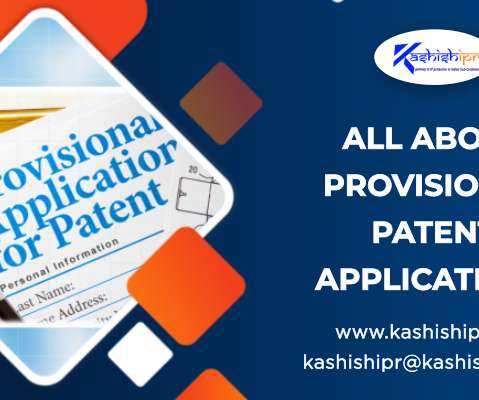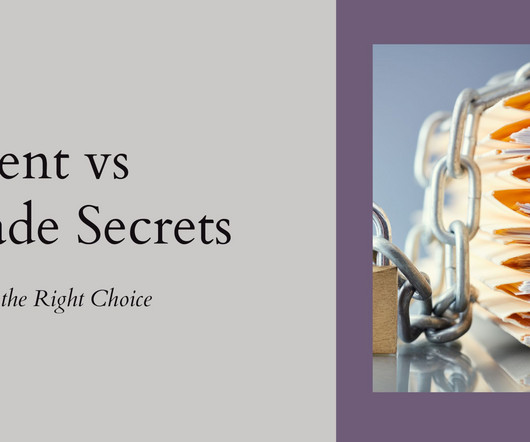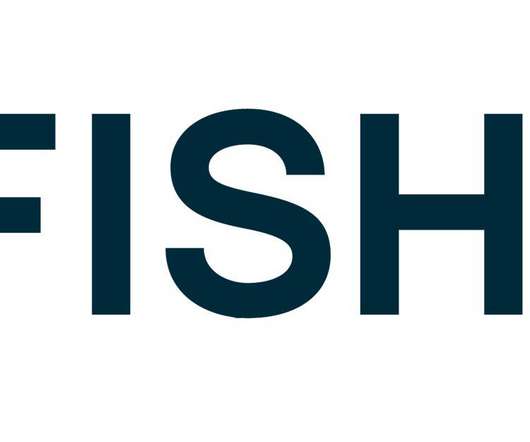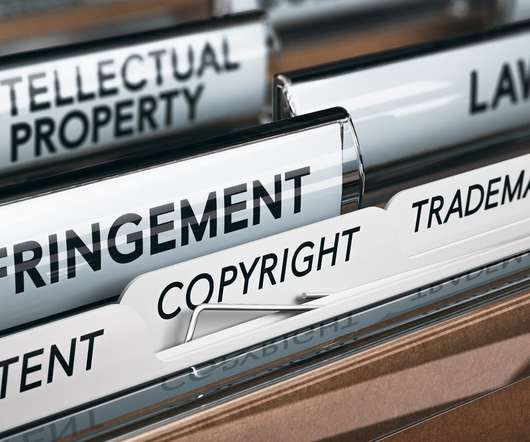All About Provisional Patent Applications
Kashishipr
OCTOBER 13, 2021
For easing the mode of filing a patent and claiming the subject matter contained therein, there are two basic approaches, namely provisional patent application and complete patent application. What is a Provisional Patent Application? Why Should an Inventor File a Provisional Patent Application?



















Let's personalize your content